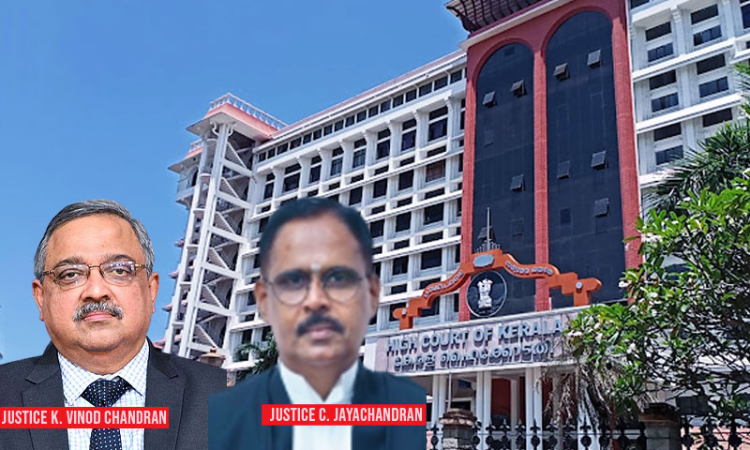The Kerala High Court on Friday observed that Section 122 of the Evidence Act requires a revisit since it was a legal weapon used by criminals to suppress their crimes, thereby affecting public interest. The said provision recognises the age-old concept of marital confidence, where all communications between spouses during the wedlock are considered sacrosanct.While appreciating the...

